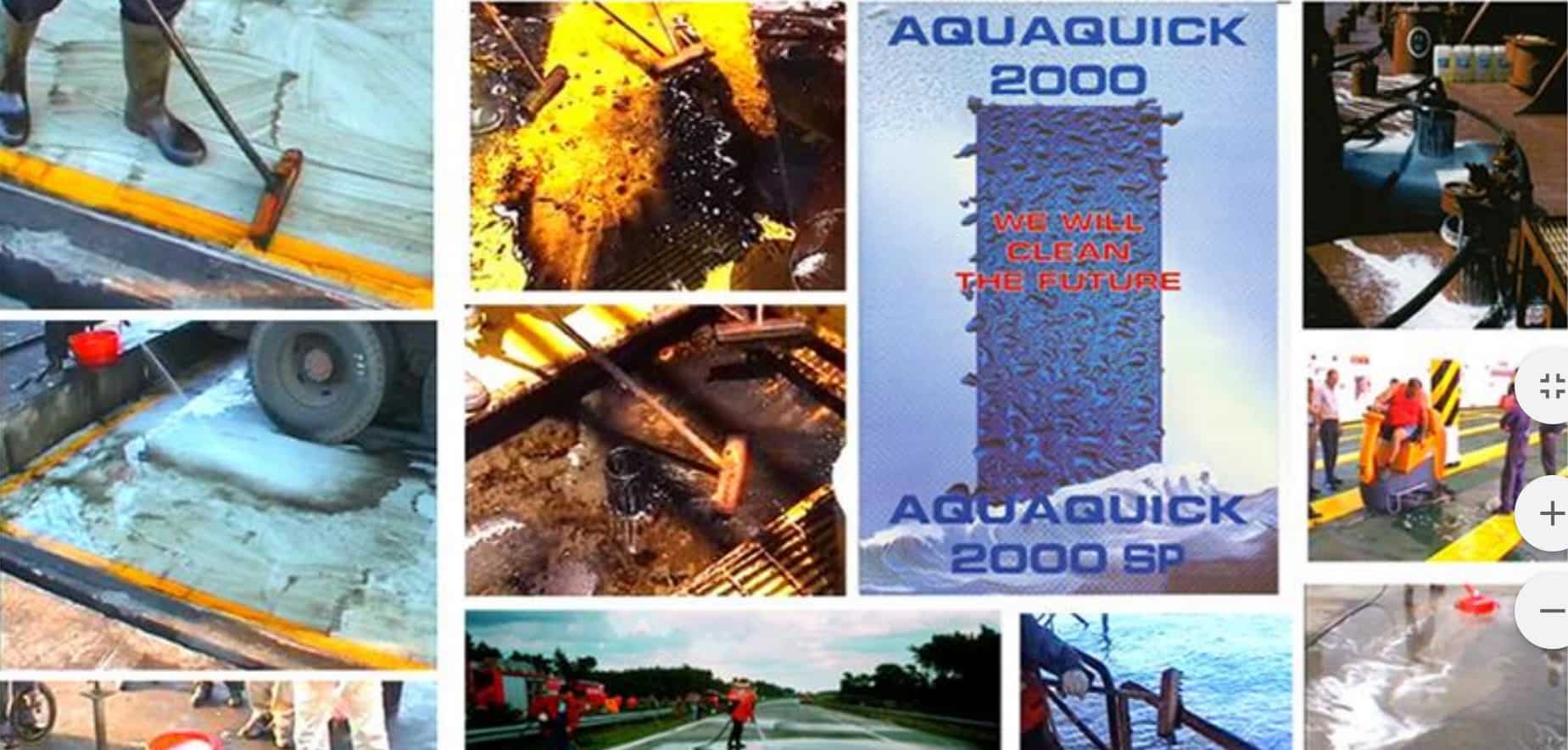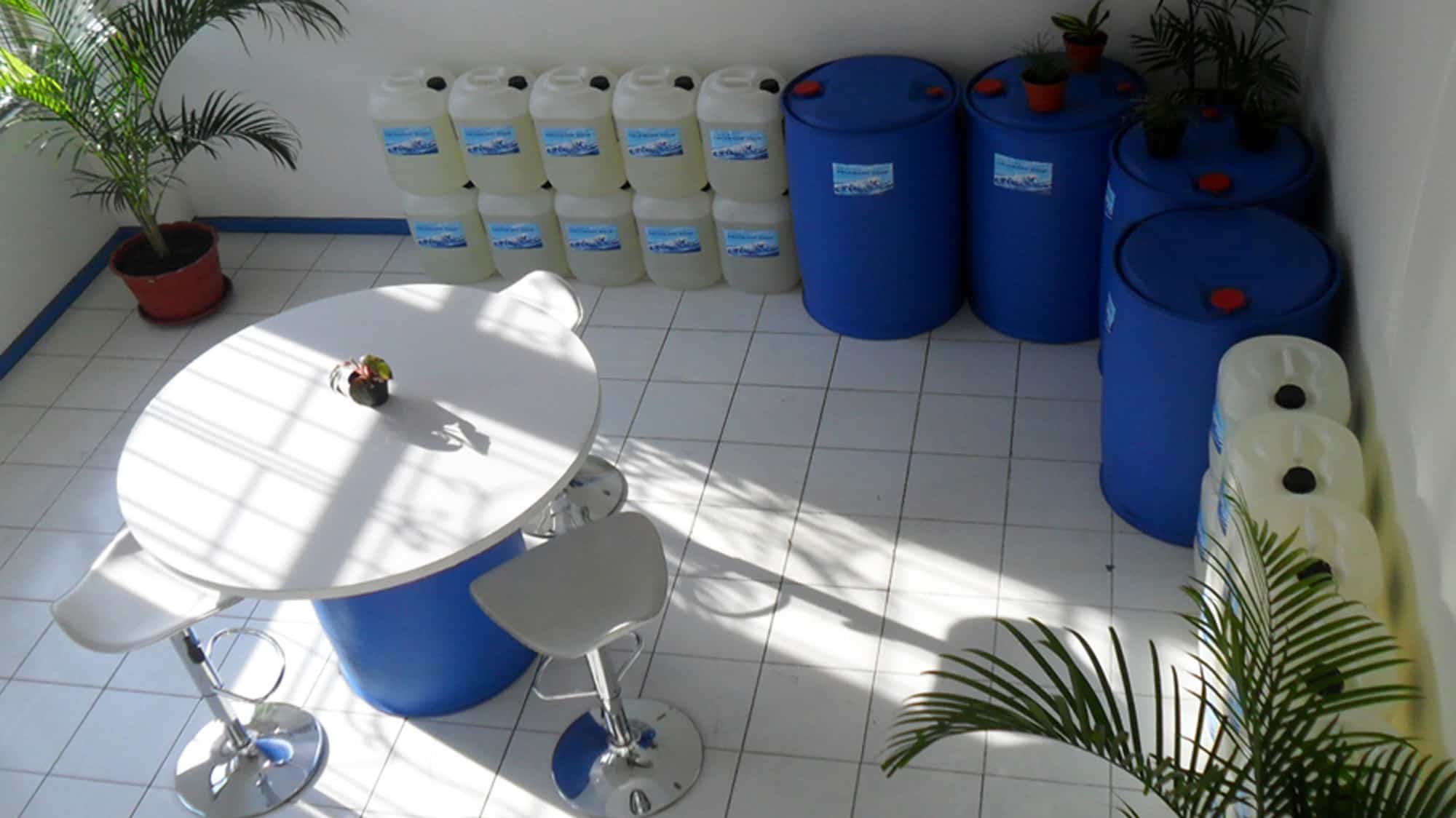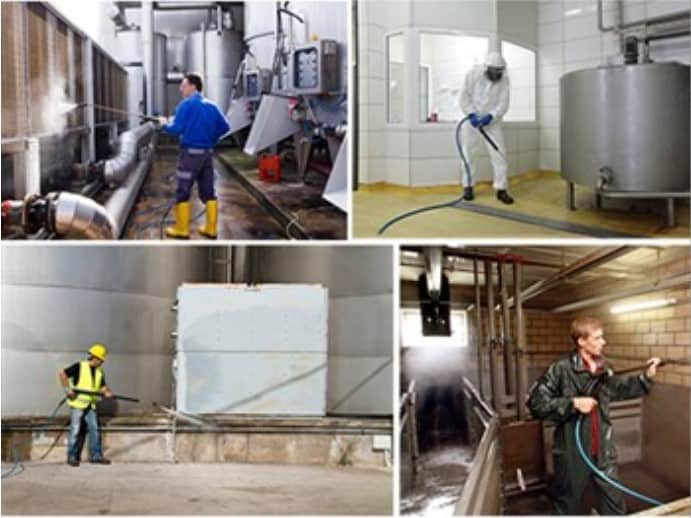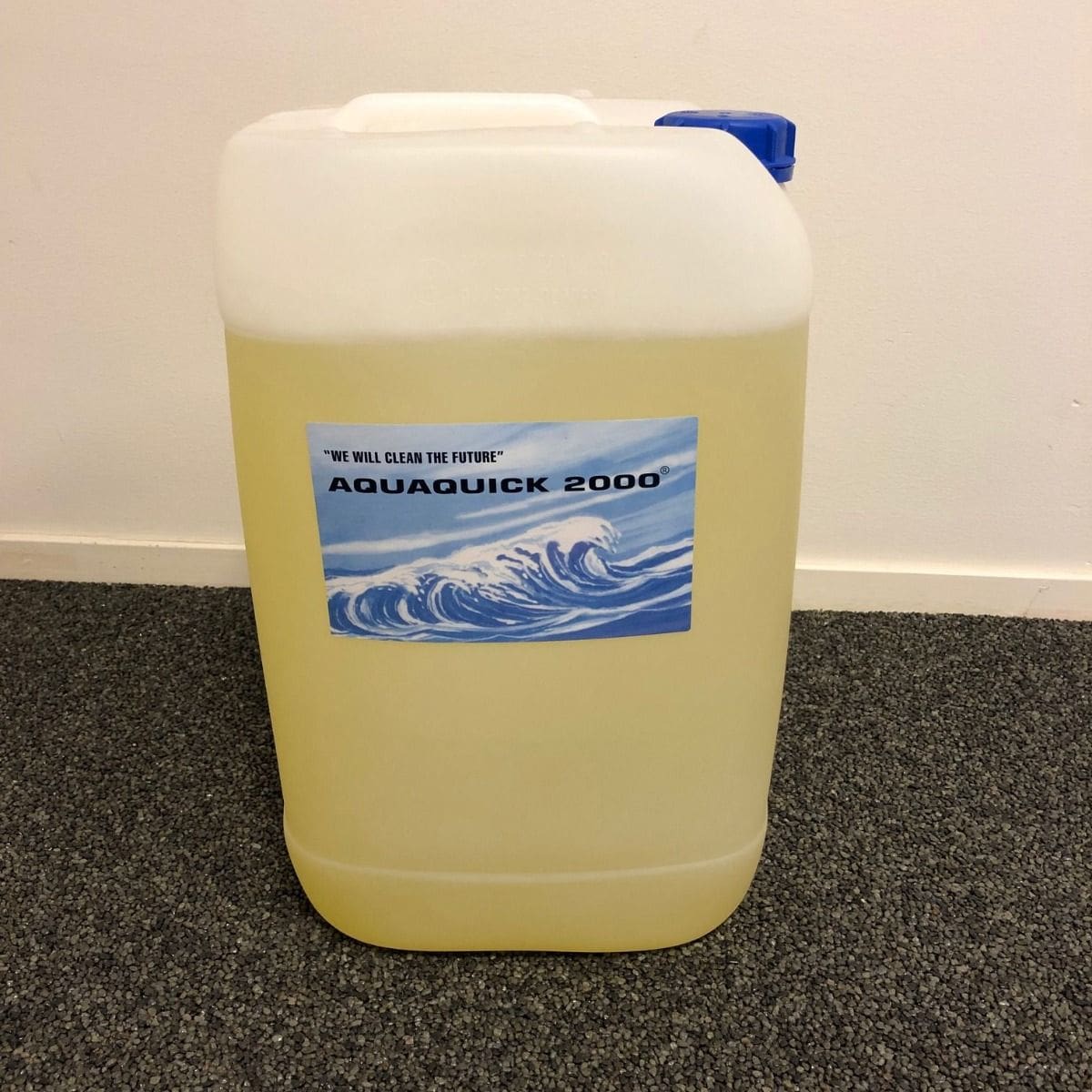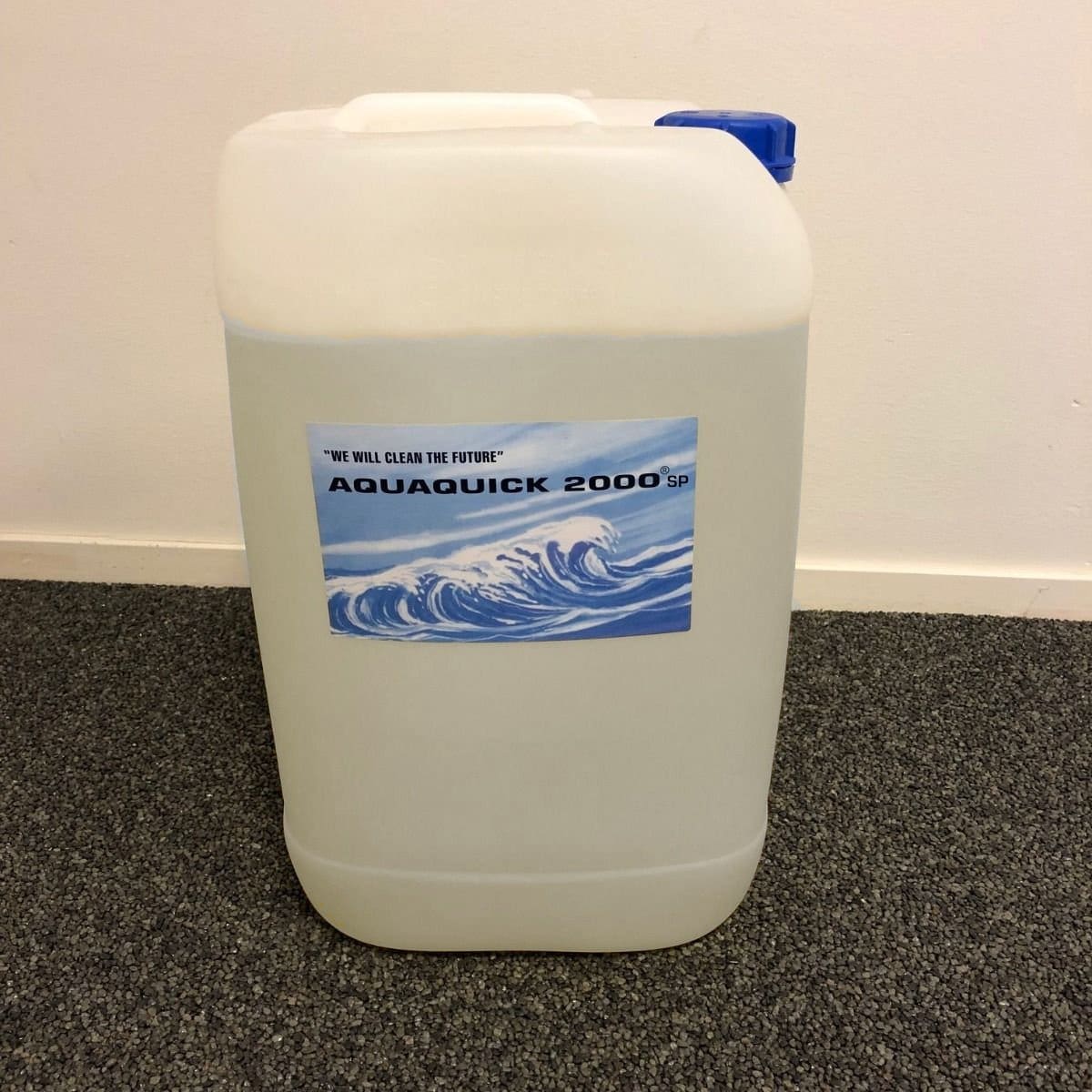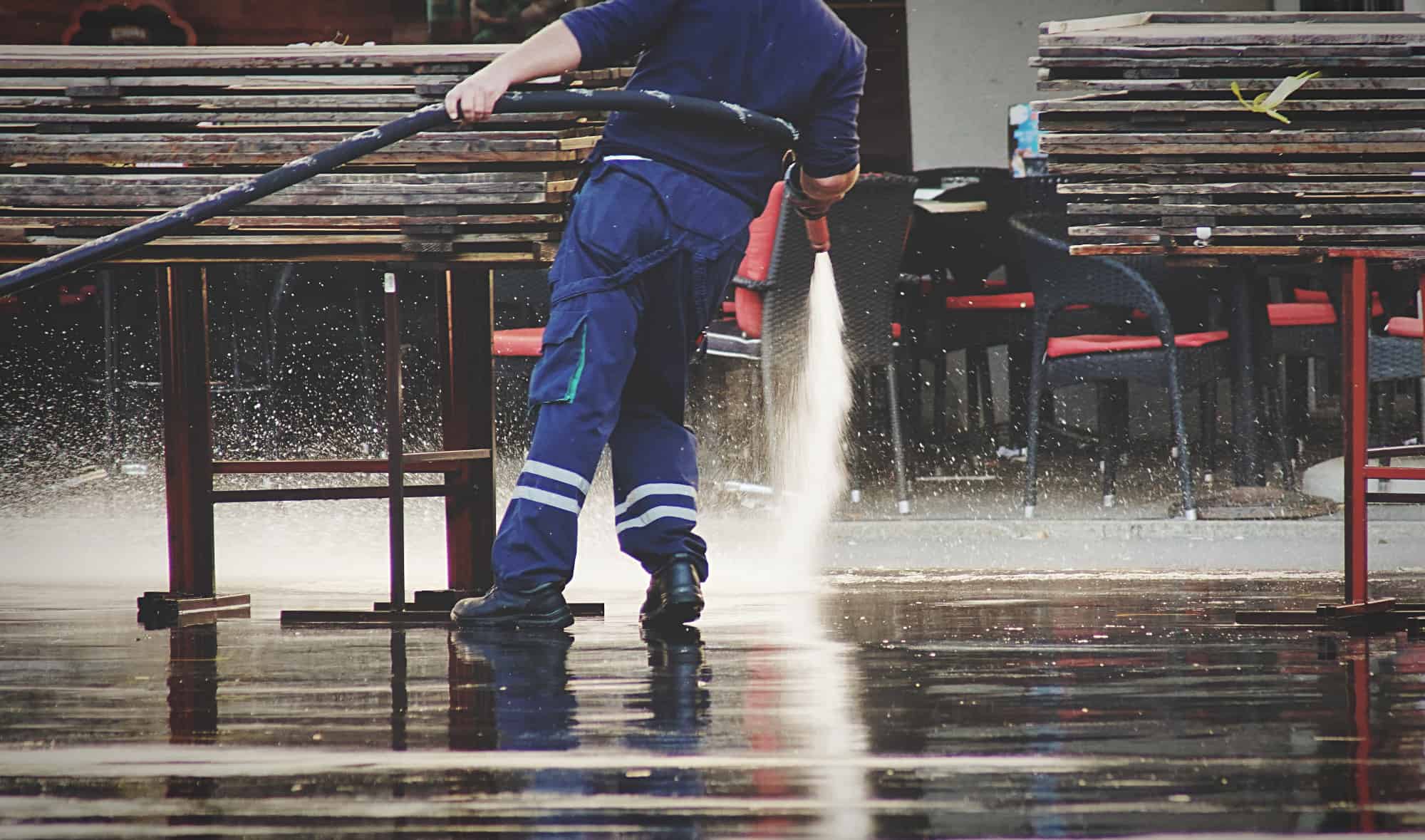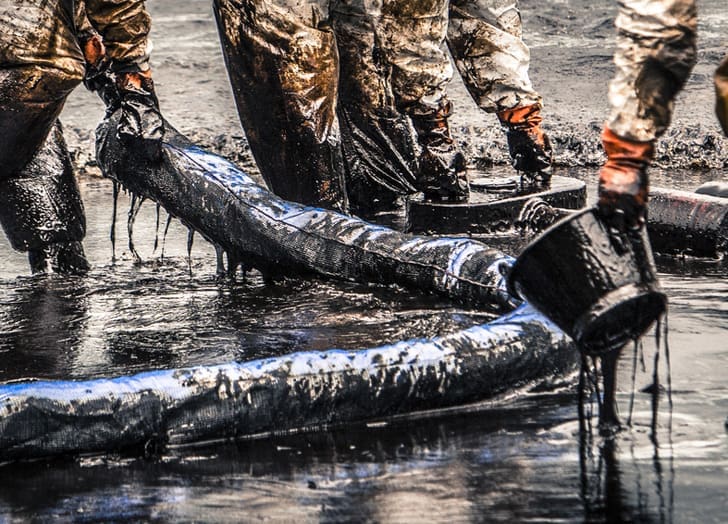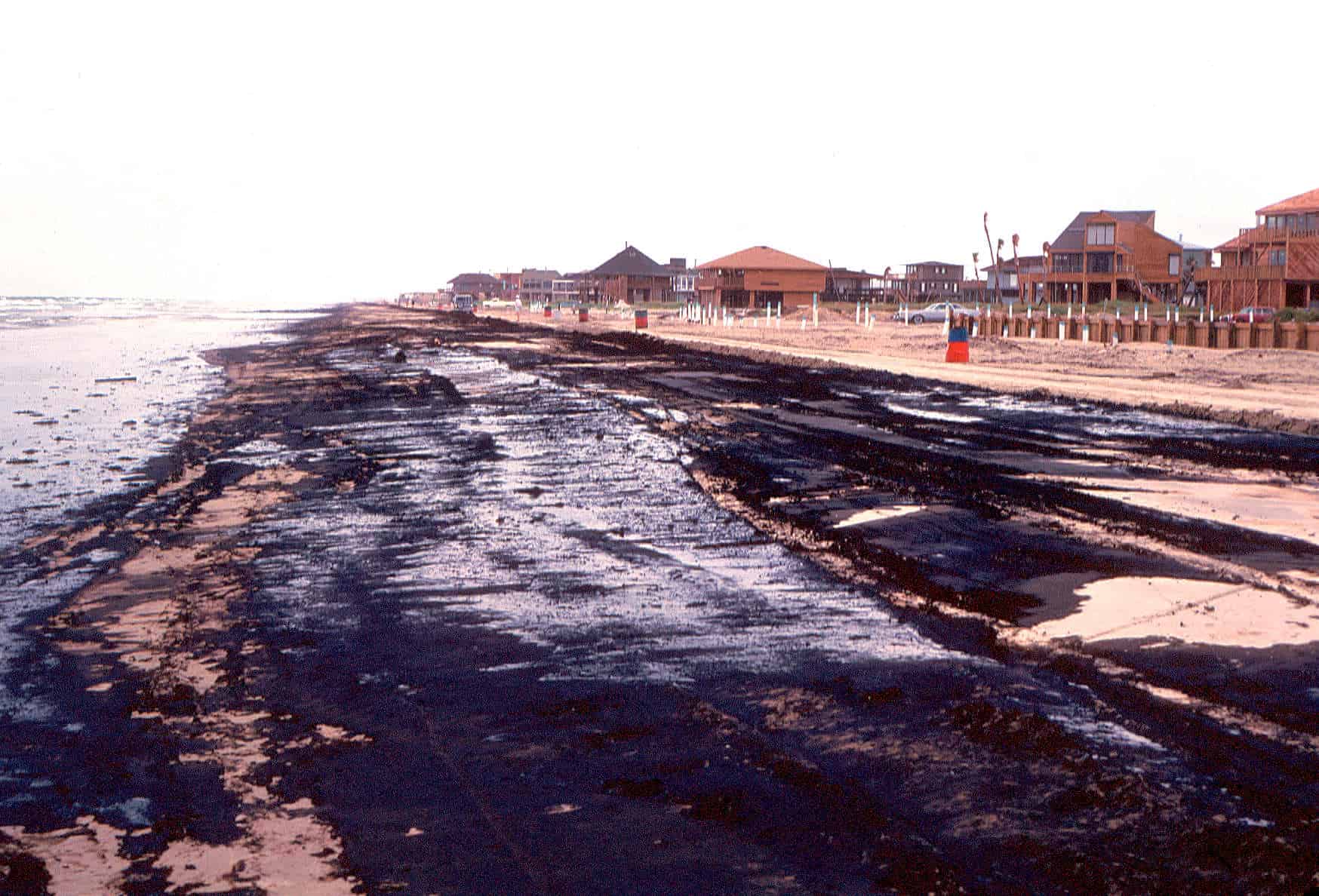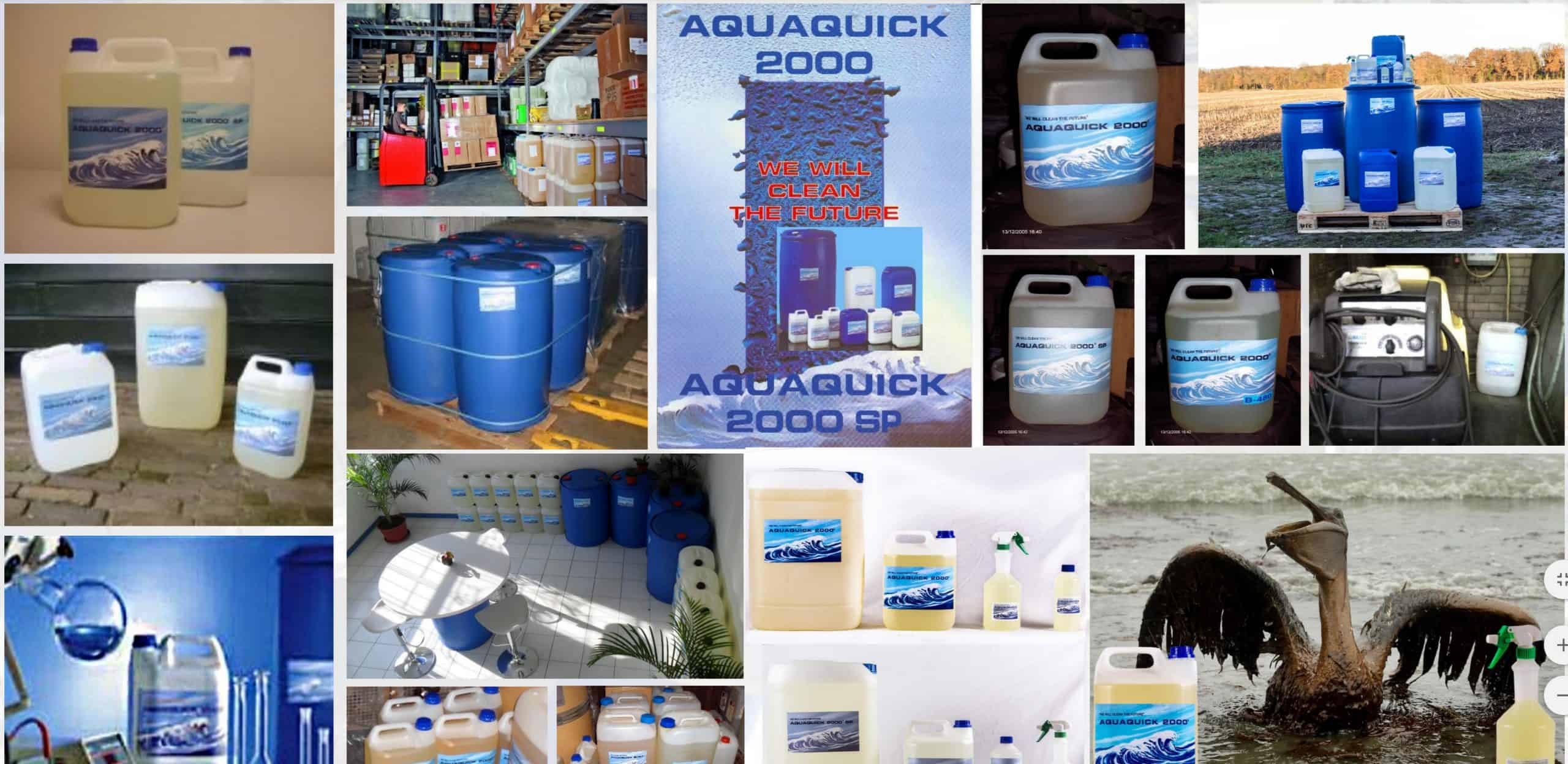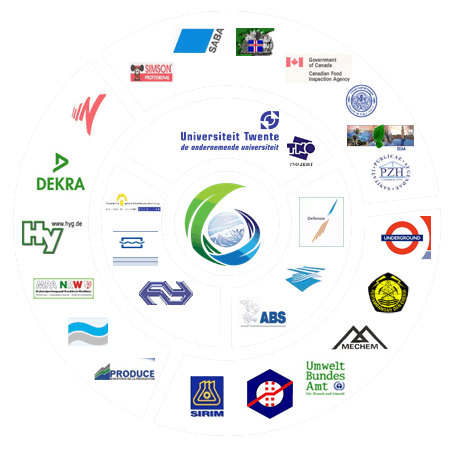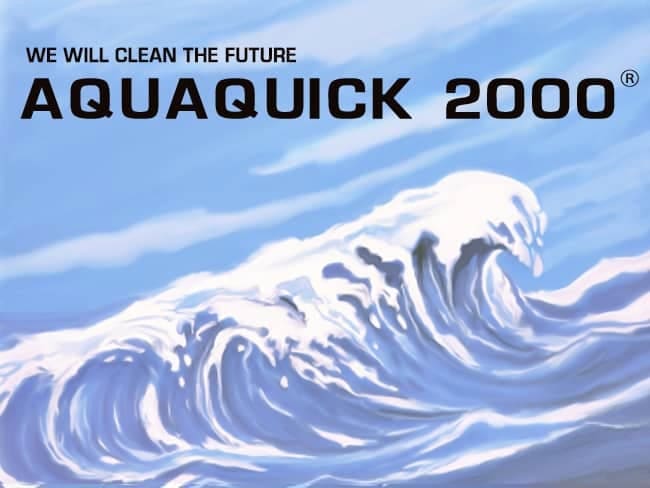In the maritime industry, marine tank filtration plays a critical role in maintaining the performance and longevity of marine engines. Marine tank filtration systems are designed to remove contaminants from fuel before it reaches the engine, ensuring that the fuel is clean and free from impurities. This is essential for both the efficiency and safety of marine vessels, and the importance of marine fuel filtration cannot be overstated.
The Importance of Marine Tank Filtration
Marine tank filtration is crucial for several reasons. Contaminated fuel can lead to a variety of issues, including reduced engine performance, increased fuel consumption, and even engine damage. By filtering out impurities, marine fuel filtration systems help to ensure that the fuel delivered to the engine is of the highest quality.
Types of Marine Tank Filtration Systems
There are several types of marine tank filtration systems, each designed to handle different types of contaminants and meet various needs:
- Primary Fuel Filters: These are the first line of defense in marine fuel filtration. They remove larger particles and debris from the fuel before it reaches the secondary filters or the engine.
- Secondary Fuel Filters: These filters provide additional filtration, removing smaller particles and water that may have passed through the primary filter. They ensure that the fuel reaching the engine is as clean as possible.
- Water Separators: Water is one of the most common contaminants in marine fuel. Water separators are designed to remove water from the fuel, preventing it from entering the engine and causing damage.
- Centrifugal Separators: These separators use centrifugal force to remove contaminants from the fuel. They are often used in conjunction with other filtration systems to provide a higher level of filtration.
The Filtration Process
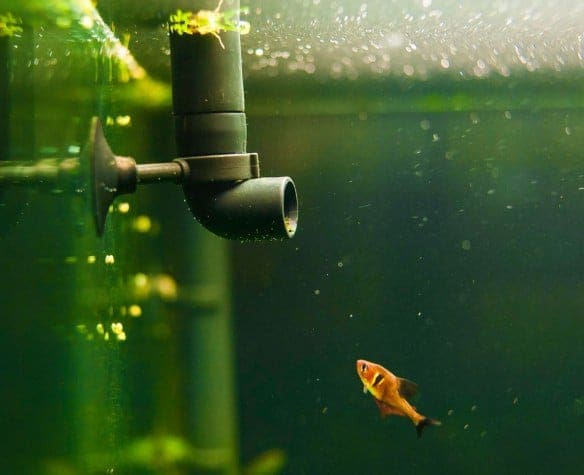
The marine fuel filtration process involves several stages:
- Main Filtration: The fuel then passes through the main filter, which is designed to remove smaller particles and impurities. This is where most of the filtration occurs.
- Final Filtration: In some systems, a final filter may be used to provide an additional level of filtration. This filter removes any remaining contaminants before the fuel reaches the engine.
- Water Separation: Water separators remove any water that may have mixed with the fuel. This is a critical step, as water can cause significant damage to marine engines.
Common Contaminants and Their Effects
Several types of contaminants can affect marine fuel, including:
- Particulate Matter: This includes dirt, rust, and other debris that can clog fuel filters and damage engine components.
- Water: Water can cause rust and corrosion in the engine, leading to decreased performance and potential engine failure.
- Microbial Growth: Microbes can grow in the presence of water and fuel, leading to the formation of sludge and other contaminants.
- Silt and Sludge: These substances can build up in the fuel system and engine, leading to reduced efficiency and performance.
Maintenance and Best Practices

To ensure the effectiveness of marine fuel filtration, regular maintenance and adherence to best practices are essential:
- Regular Filter Replacement: Filters should be replaced according to the manufacturer’s recommendations or when they become clogged.
- Monitor Fuel Quality: Regularly check the quality of the fuel to ensure that it is free from contaminants.
- Inspect and Clean Water Separators: Water separators should be inspected and cleaned regularly to ensure they are functioning properly.
- Use High-Quality Filters: Always use high-quality filters that meet the specifications for your marine engine.
Advances in Marine Fuel Filtration Technology
Recent advancements in marine fuel filtration technology have led to more efficient and effective filtration systems. Some of the notable advancements include:
- High-Efficiency Filters: Newer filters are designed to capture even smaller particles, providing better protection for the engine.
- Automated Monitoring Systems: Some modern filtration systems include automated monitoring that provides real-time data on filter performance and fuel quality.
- Advanced Water Separators: New technologies have improved the efficiency of water separators, making them more effective at removing water from the fuel.
Considerações ambientais

Marine fuel filtration also has environmental implications. Clean fuel not only ensures better engine performance but also reduces emissions and environmental impact. By maintaining proper filtration, marine vessels can operate more efficiently and with fewer emissions, contributing to a cleaner marine environment.
Why Marine Tank Filtration is Crucial?
Marine tank filtration is crucial for several reasons, all of which contribute to the overall performance, safety, and efficiency of marine vessels:
- Prevents Engine Damage: Contaminants in fuel can cause significant damage to marine engines. Particles such as dirt and rust can clog fuel injectors and filters, leading to reduced engine performance and potential engine failure. Water in the fuel can cause corrosion and rusting of engine components. By removing these contaminants, marine tank filtration helps to protect the engine and extend its lifespan.
- Improves Fuel Efficiency: Clean fuel is more efficiently burned in the engine, leading to better fuel efficiency and reduced fuel consumption. Contaminated fuel can lead to incomplete combustion, which not only reduces efficiency but also increases fuel consumption and emissions. Proper filtration ensures that the fuel is clean and ready for optimal combustion.
- Reduces Maintenance Costs: Regularly filtering fuel and maintaining clean fuel tanks can help reduce maintenance costs associated with engine repairs and replacements. By preventing contaminants from reaching the engine, marine tank filtration helps to avoid costly repairs and downtime.
- Enhances Operational Safety: Contaminated fuel can lead to unexpected engine failures, which can pose safety risks to the vessel and its crew. Marine tank filtration helps to ensure that the fuel is clean and reliable, reducing the risk of engine failures and enhancing overall operational safety.
- Prevents Fuel System Issues: Contaminants in the fuel can lead to issues with the fuel system, such as clogged fuel lines and filters. These issues can disrupt the flow of fuel to the engine and lead to performance problems. Proper filtration helps to prevent these issues and ensure a smooth and uninterrupted fuel supply.
- Compliance with Regulations: Many maritime regulations and standards require vessels to have effective fuel filtration systems in place. Compliance with these regulations helps to ensure that the vessel operates within legal and environmental guidelines. Proper marine tank filtration is essential for meeting these requirements and avoiding potential fines and penalties.
- Protects Investment in Fuel: Fuel is a significant investment for marine operators. Contaminated fuel can lead to waste and loss of this valuable resource. Marine tank filtration helps to protect this investment by ensuring that the fuel remains clean and usable.
- Promotes Environmental Responsibility: Clean fuel leads to more efficient combustion and reduced emissions. By maintaining proper filtration, marine vessels can operate more environmentally friendly, contributing to reduced pollution and a lower environmental impact.
Best Practices for Marine Tank Filtration
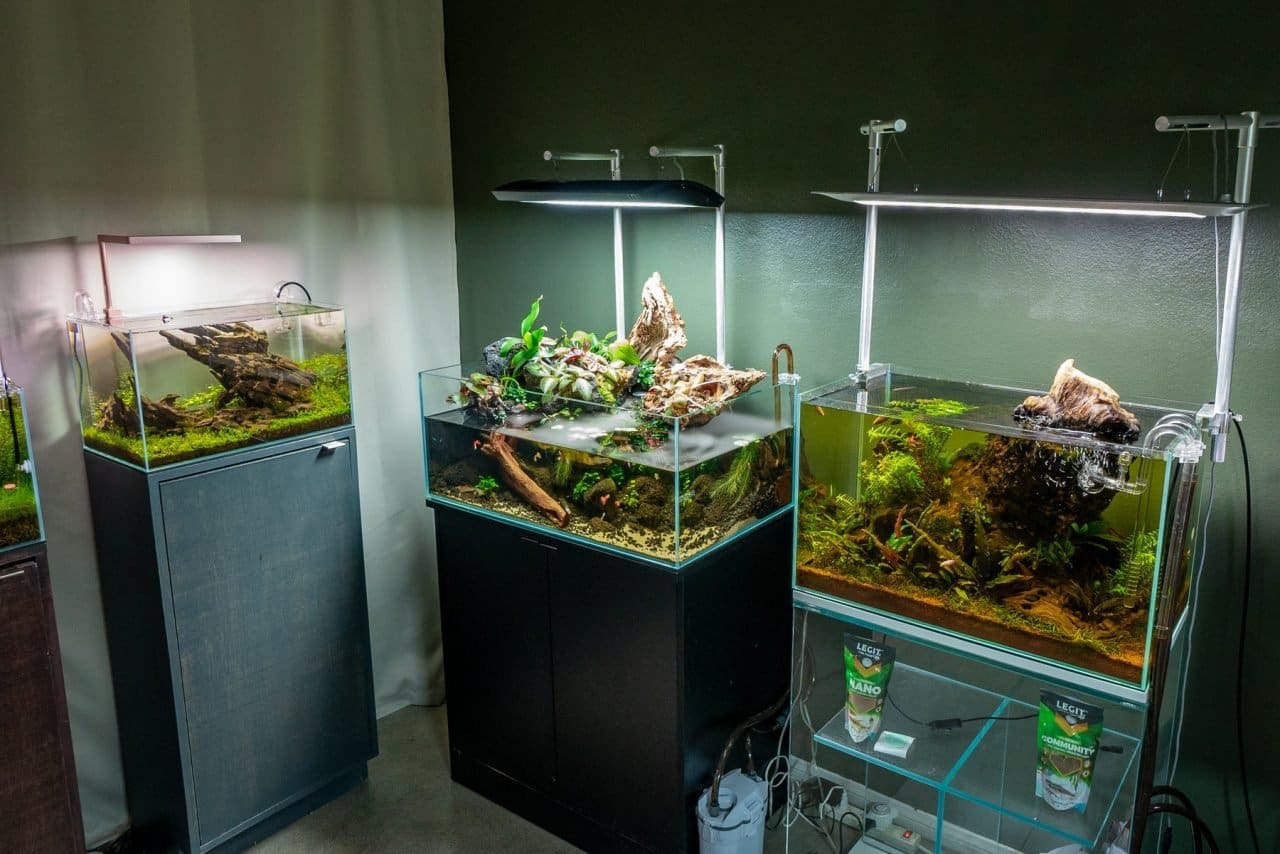
To ensure the effectiveness of marine tank filtration systems, operators should follow best practices:
- Regular Maintenance: Regularly inspect and maintain filtration systems to ensure they are functioning properly. Replace filters and clean separators as needed to maintain optimal performance.
- Monitor Fuel Quality: Regularly check the quality of the fuel stored in the tank. Look for signs of contamination, such as water or sludge, and address any issues promptly.
- Proper Tank Management: Ensure that fuel tanks are properly managed and maintained to prevent contamination. This includes keeping tanks clean, avoiding water ingress, and ensuring proper sealing.
- Use High-Quality Filters: Invest in high-quality filters that meet the specifications for your marine engine and fuel system. High-quality filters provide better protection and longer-lasting performance.
Marine tank filtration is an essential aspect of maintaining the performance, efficiency, and safety of marine vessels. By removing contaminants from the fuel stored in marine tanks, filtration systems help to protect engines, improve fuel efficiency, reduce maintenance costs, and enhance operational safety. The importance of marine tank filtration extends to regulatory compliance, environmental responsibility, and the protection of valuable fuel investments. By following best practices and maintaining effective filtration systems, marine operators can ensure that their vessels operate smoothly and efficiently, contributing to the overall success and reliability of their maritime operations.
AQUAQUICK 2000: A Step-by-Step Guide for Marine Tank Filtration
The AQUAQUICK 2000 is a state-of-the-art filtration system designed for marine tanks, specializing in removing water and particulates from marine fuel. Effective marine tank filtration is crucial for ensuring optimal engine performance and longevity, and the AQUAQUICK 2000 provides a reliable solution for this purpose. Here’s a step-by-step guide on how to use the AQUAQUICK 2000 for marine tank filtration.
Visão geral do AQUAQUICK 2000
O AQUAQUICK 2000 utilizes advanced filtration technology to separate water and particulates from marine fuel. It combines a high-efficiency filter with a water separator, designed to handle the demanding conditions of marine environments. This system helps in preventing water contamination and particulates from reaching the engine, thereby improving fuel quality and engine performance.
Step-by-Step Guide to Using AQUAQUICK 2000
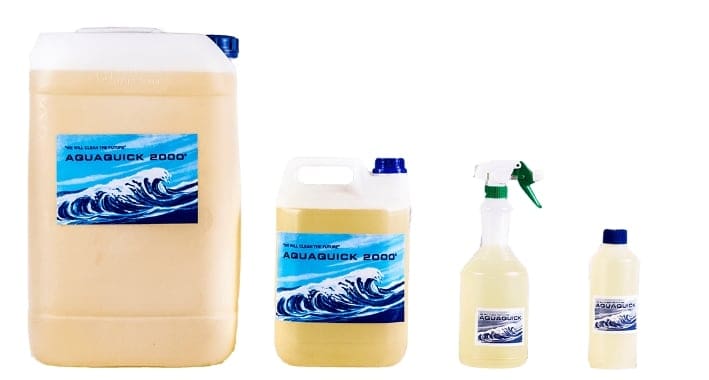
1. Preparation and Safety
- Read the Manual: Before starting, thoroughly read the AQUAQUICK 2000 user manual to understand the system’s specifications, installation requirements, and safety precautions.
- Gather Tools and Materials: Ensure you have the necessary tools and materials for installation, including wrenches, hoses, and any required fittings.
- Safety Gear: Wear appropriate safety gear, including gloves and safety glasses, to protect yourself during installation and maintenance.
2. Installation
- Choose the Location: Select a suitable location for the AQUAQUICK 2000. It should be installed in a dry, accessible area close to the marine tank, and ideally, away from extreme temperatures and vibrations.
- Mount the Unit: Securely mount the AQUAQUICK 2000 using the provided brackets or mounts. Ensure it is level and firmly attached to prevent movement during operation.
- Connect Fuel Lines: Connect the fuel inlet and outlet lines to the AQUAQUICK 2000. Use high-quality, marine-grade hoses and fittings to ensure leak-proof connections. Follow the flow direction indicated on the unit.
- Install the Water Separator: Attach the water separator component if it is not pre-installed. Ensure it is properly secured and aligned to prevent leaks.
3. Initial Startup
- Check for Leaks: Before starting the system, check all connections for leaks. Tighten any loose fittings and ensure that there are no signs of fuel leakage.
- Prime the System: Depending on the model, you may need to prime the system to remove any air trapped in the lines. Follow the priming instructions provided in the user manual.
- Start the System: Turn on the AQUAQUICK 2000 and check the system for proper operation. Ensure that the fuel flows smoothly through the unit and that there are no unusual noises or vibrations.
4. Routine Maintenance
- Monitor Filter Condition: Regularly check the condition of the filters. Replace the primary and secondary filters as recommended by the manufacturer, or when you notice a decrease in performance.
- Drain Water Separator: Periodically inspect and drain the water separator to remove any accumulated water. This is crucial for preventing water contamination in the fuel tank.
- Clean the System: Clean the exterior of the AQUAQUICK 2000 and inspect it for any signs of wear or damage. Ensure that the unit remains free from debris and contaminants.
5. Troubleshooting
- Check for Clogs: If you experience reduced fuel flow or performance issues, check for clogs in the filters or fuel lines. Clean or replace filters as needed.
- Inspeção de vazamentos: If you detect any leaks, turn off the system and inspect all connections and seals. Tighten or replace any faulty components.
6. Documentation and Record-Keeping
- Keep Records: Maintain records of maintenance activities, including filter replacements, water separator drainings, and any repairs performed. This helps in tracking the system’s performance and scheduling future maintenance.
7. System Shutdown
- Turn Off the System: When the AQUAQUICK 2000 is not in use, ensure it is properly turned off and securely stored if required.
- Secure the Area: Ensure that all fuel lines and connections are properly secured and that the area around the unit is clean and free from any fuel spills.
The AQUAQUICK 2000 is a sophisticated and reliable solution for marine tank filtration, designed to enhance fuel quality and protect marine engines. By following the step-by-step guide for installation, maintenance, and troubleshooting, marine operators can ensure that their AQUAQUICK 2000 system performs optimally and extends the life of their marine engines. Regular maintenance and proper operation of the AQUAQUICK 2000 will contribute to the overall efficiency and reliability of marine fuel systems.
Conclusão
Marine fuel filtration is a vital aspect of maintaining the performance and longevity of marine engines. By understanding the different types of filtration systems, the filtration process, and the common contaminants that affect fuel, marine operators can ensure that their vessels run smoothly and efficiently. Regular maintenance and adherence to best practices will help to ensure the continued effectiveness of marine fuel filtration systems, ultimately contributing to the overall performance and safety of marine operations.
The advancements in marine tank filtration technology offer promising improvements in efficiency and effectiveness, and staying informed about these developments can help operators make the best choices for their vessels. As the maritime industry continues to evolve, marine fuel filtration will remain a key component in ensuring the reliability and environmental responsibility of marine operations.

